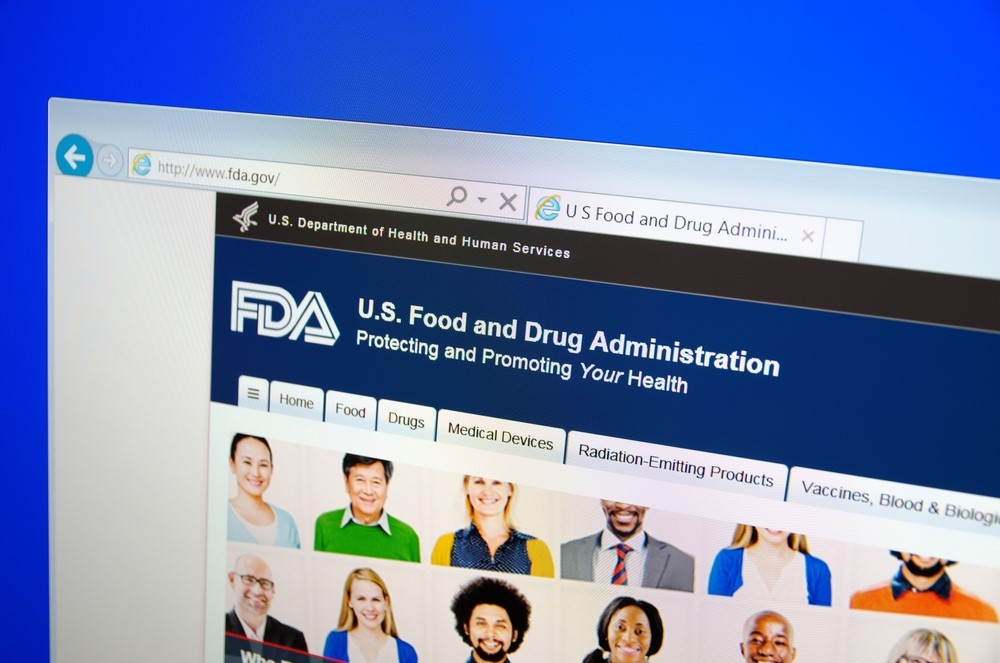Dec. 20, 2019 – As 2019 comes to an end, the FDA’s Office of Prescription Drug Promotion issued its third Warning Letter of the year to Alkermes Inc. for a medication-assisted treatment drug print ad for Vivitrol® and followed that up with an unprecedented press release about the enforcement action on Dec. 11. OPDP also issued its seventh Untitled Letter on Nov. 18.
OPDP alleges in its Warning Letter to Alkermes that the print ad for Vivitrol (naltrexone for extended-release injectable suspension) is false or misleading because it omits important risk information associated with the use of the drug. Specifically, OPDP states that although Vivitrol is safe and effective for the prevention of relapse to opioid dependence following opioid detoxification, those using Vivitrol for the treatment of opioid dependence should be made aware of the vulnerability to potentially fatal overdose at certain points during or following treatment.
“One way the FDA protects the public health is by ensuring that prescription drug information disseminated by drug sponsors is truthful, balanced and accurately communicated. We do this by reviewing prescription drug advertising and promotional labeling to ensure that the information contained in these promotional materials is not false or misleading,” said OPDP Director Thomas Abrams in the FDA press release.
“Vivitrol is being promoted in a way that does not adequately present important risk information in a truthful and non-misleading manner,” Abrams remarked. “This is concerning from a public health perspective because of the potential for fatal opioid overdose in this vulnerable patient population.”
The Warning Letter cites prior communications with Alkermes about promotional materials in the past (in 2011 and 2018), and states that “OPDP is concerned that Alkermes continues to promote Vivitrol in a manner that fails to adequately present this important risk information in a truthful and non-misleading manner.”
OPDP requests that Alkermes cease using any promotional material that omits risk information or, “in the alternative,” cease distribution of Vivitrol; OPDP also asks for Alkermes’ plan for disseminating corrective messaging about the issues raised in the enforcement action. “To the extent possible, corrective messaging should be distributed using the same media, and generally for the same duration of time and with the same frequency that the violative promotional material was disseminated,” the Warning Letter states.
Untitled Letter cites failure to include any risk info
In its Nov. 18 Untitled Letter to Rockwell Medical Inc., OPDP states that the company’s Triferic® webpage is false or misleading because it presents information about the benefits of Triferic (ferric pyrophosphate citrate) but “fails to include any risk information about the drug, makes false or misleading claims and/or representations about the risks and efficacy associated with Triferic, and omits other material facts.”
The PI for Triferic, an iron replacement product indicated for the replacement of iron to maintain hemoglobin in adults with hemodialysis-dependent chronic kidney disease, contains warnings and precautions regarding hypersensitivity reactions and iron laboratory testing, as well as common adverse reactions associated with the use of the drug.
By omitting these risks, “the webpage fails to provide material information about the consequences that may result from the use of the drug and creates a misleading impression about the safety of Triferic,” OPDP states in the enforcement letter. OPDP also takes issue with claims that the product is safer and more effective than other IV iron replacement products, asserting that the FDA is not aware of data to support these claims.
The Untitled Letter also states that the Triferic webpage is misleading because it omits material facts; OPDP cites a claim suggesting that Triferic is indicated for patients receiving any type of dialysis, “when it is not intended for use in patients receiving peritoneal dialysis and its safety and effectiveness for use in patients receiving home hemodialysis have not been studied.”
OPDP enforcement up in 2019
The three Warning Letters and seven Untitled Letters issued by OPDP in 2019 represent the second-highest number of enforcement actions (10) dating back to 2015. Last year OPDP issued just seven enforcement letters and in 2017, it issued only five. In 2016, a five-year high of 11 enforcement letters was issued; the tally for 2015 was nine.
The alleged infractions listed in the two enforcement actions discussed here are among the most common violations cited by OPDP in Warning Letters and Untitled Letters over the past several years.




